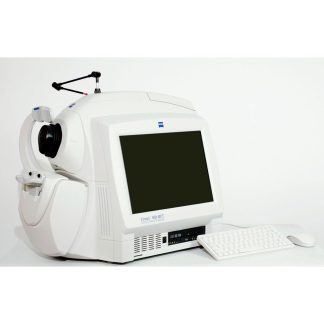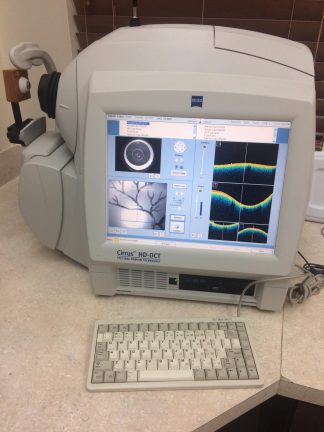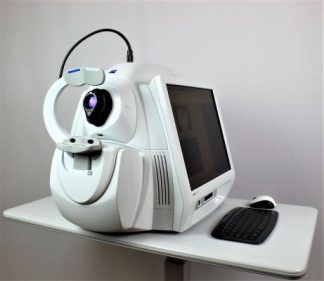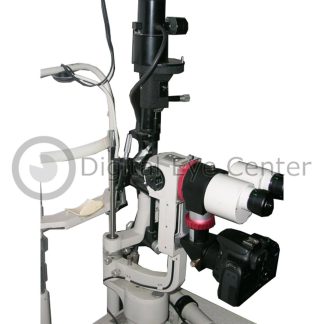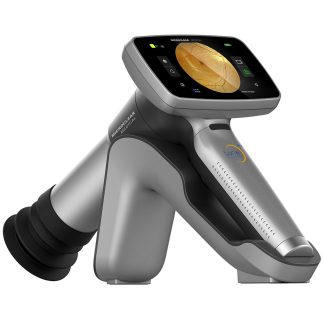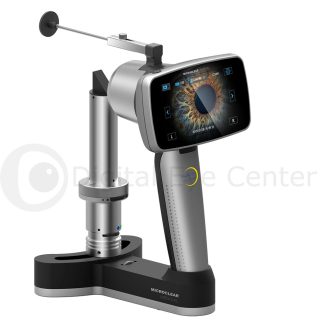OCTs
An ophthalmic tomographer is a medical device that uses optical coherence tomography (OCT) technology to produce cross-sectional images of the retina and optic nerve head. OCT is a non-invasive imaging method that uses light waves to obtain high-resolution images of the retina and other structures within the eye.
The use of ophthalmic tomography offers several benefits over traditional diagnostic methods, including:
Early detection: Ophthalmic tomography allows for the early detection of eye conditions, such as glaucoma, that may go unnoticed until advanced stages. Early detection is crucial in managing and treating eye conditions, as it allows for prompt intervention and can prevent vision loss.
Non-invasive: Unlike traditional diagnostic methods, ophthalmic tomography is a non-invasive procedure that does not require the use of dyes, injections or contact with the eye. This makes it a safer and more comfortable option for patients.
Detailed images: Ophthalmic tomography produces high-resolution retina images, allowing eye care professionals to make more accurate diagnoses. This is particularly important in managing conditions such as diabetic retinopathy, where early detection and monitoring are crucial in preventing vision loss.
Ophthalmic tomographers are designed to produce detailed images of the retina in a matter of seconds, allowing eye care professionals to quickly and accurately diagnose various eye conditions.

